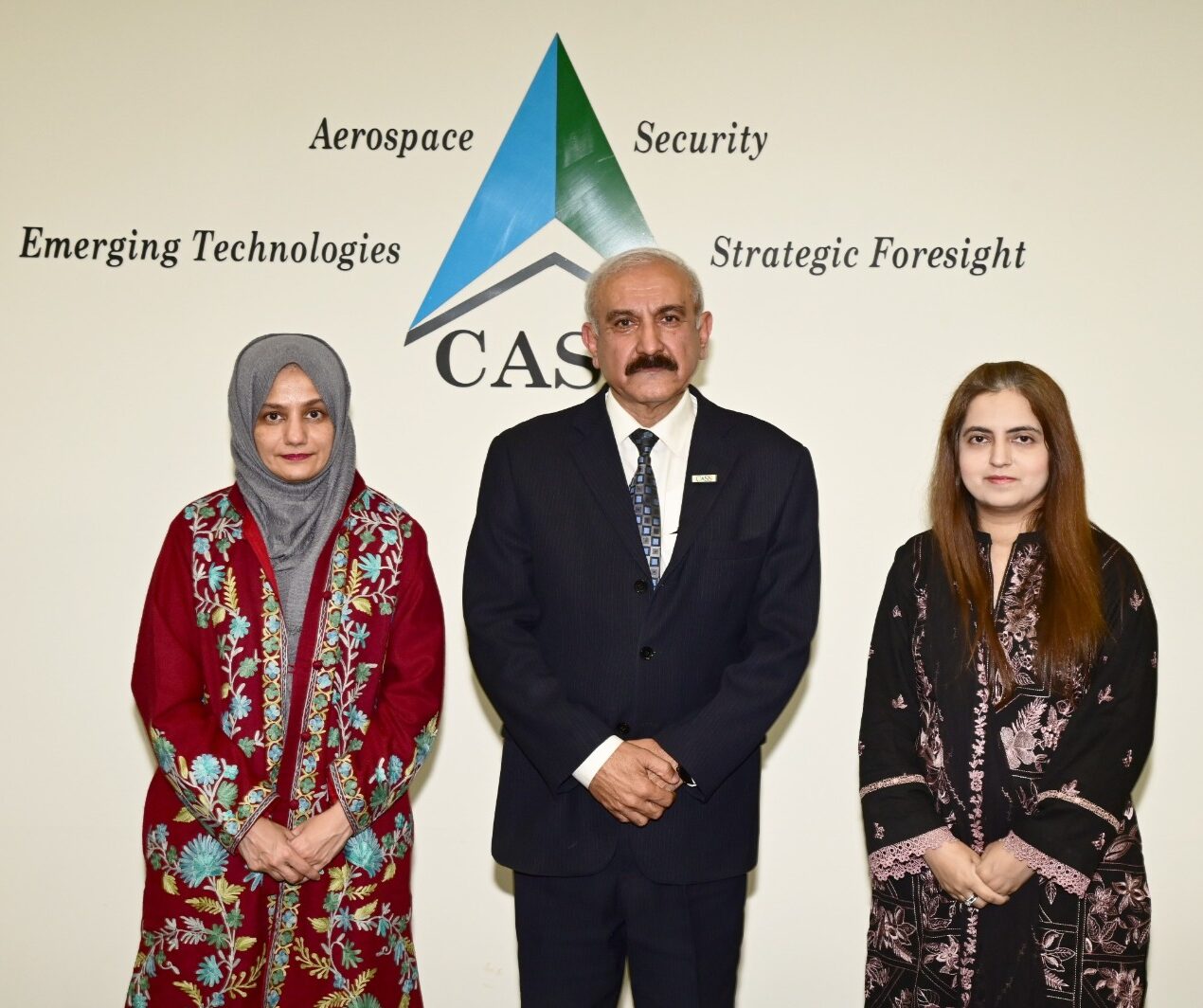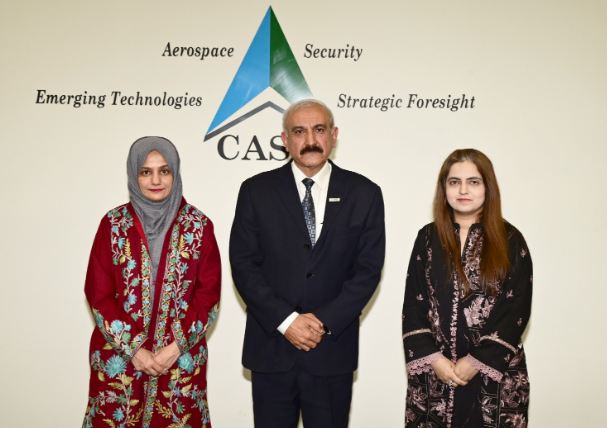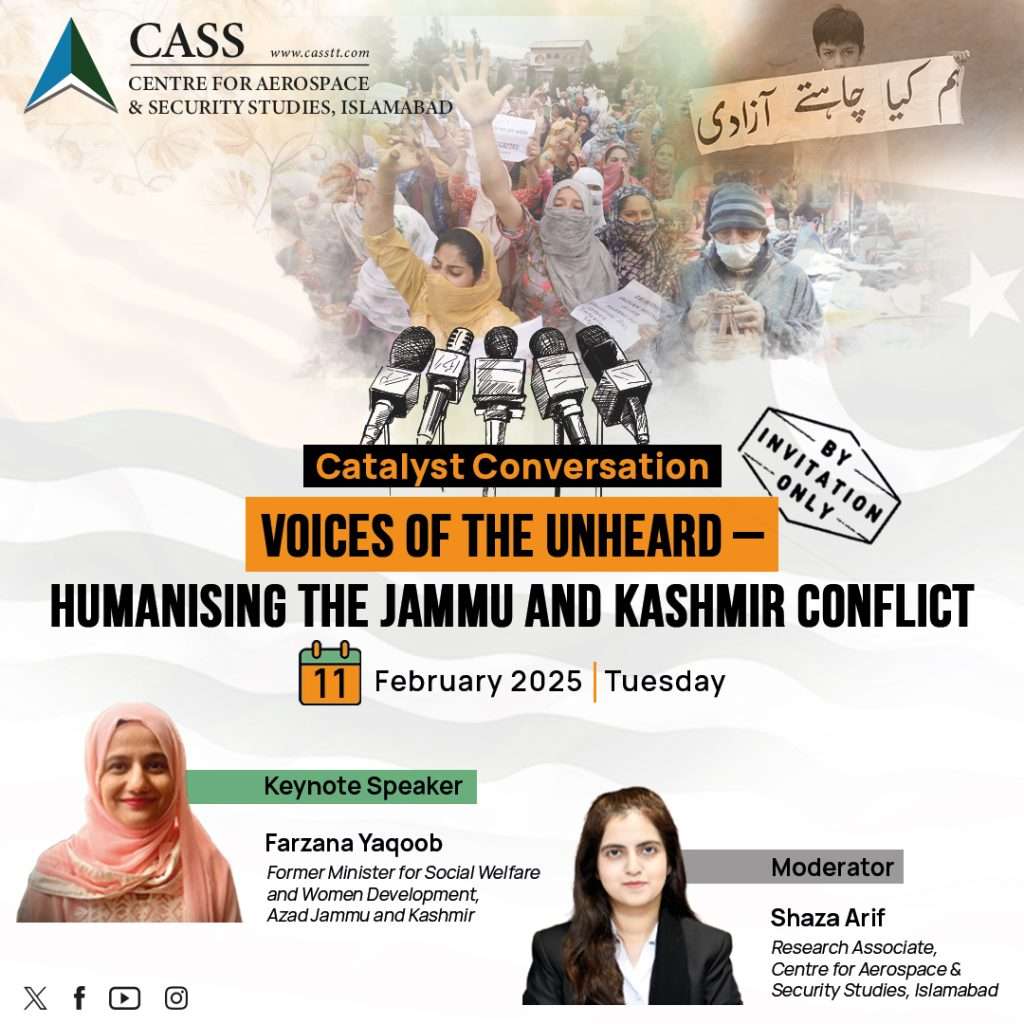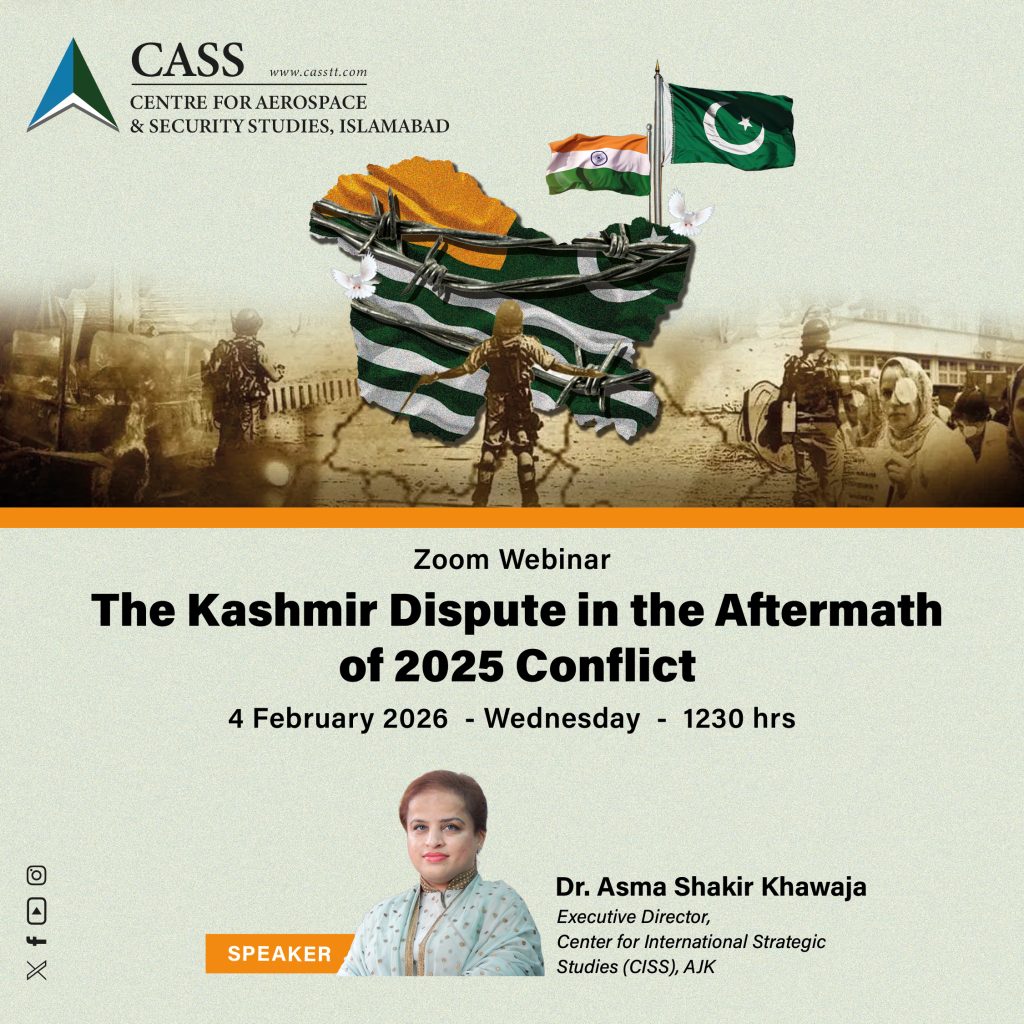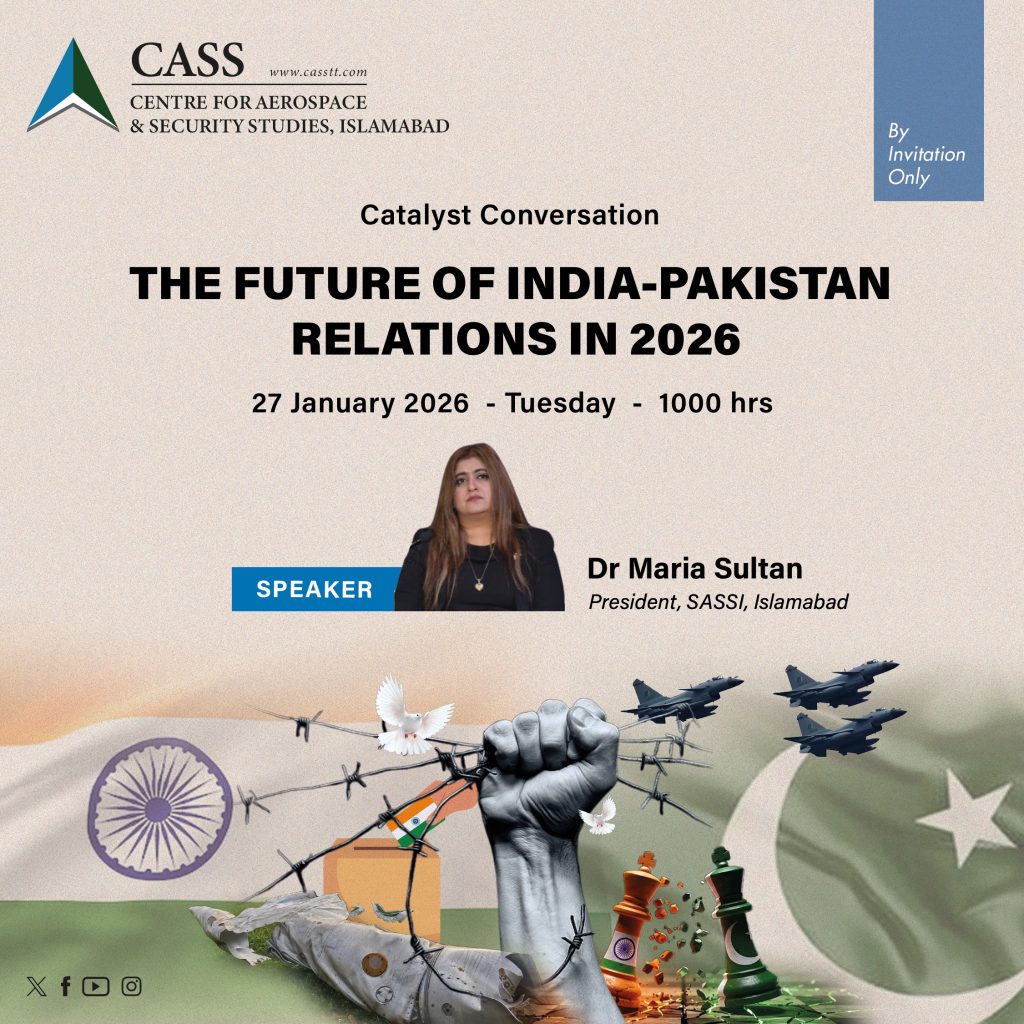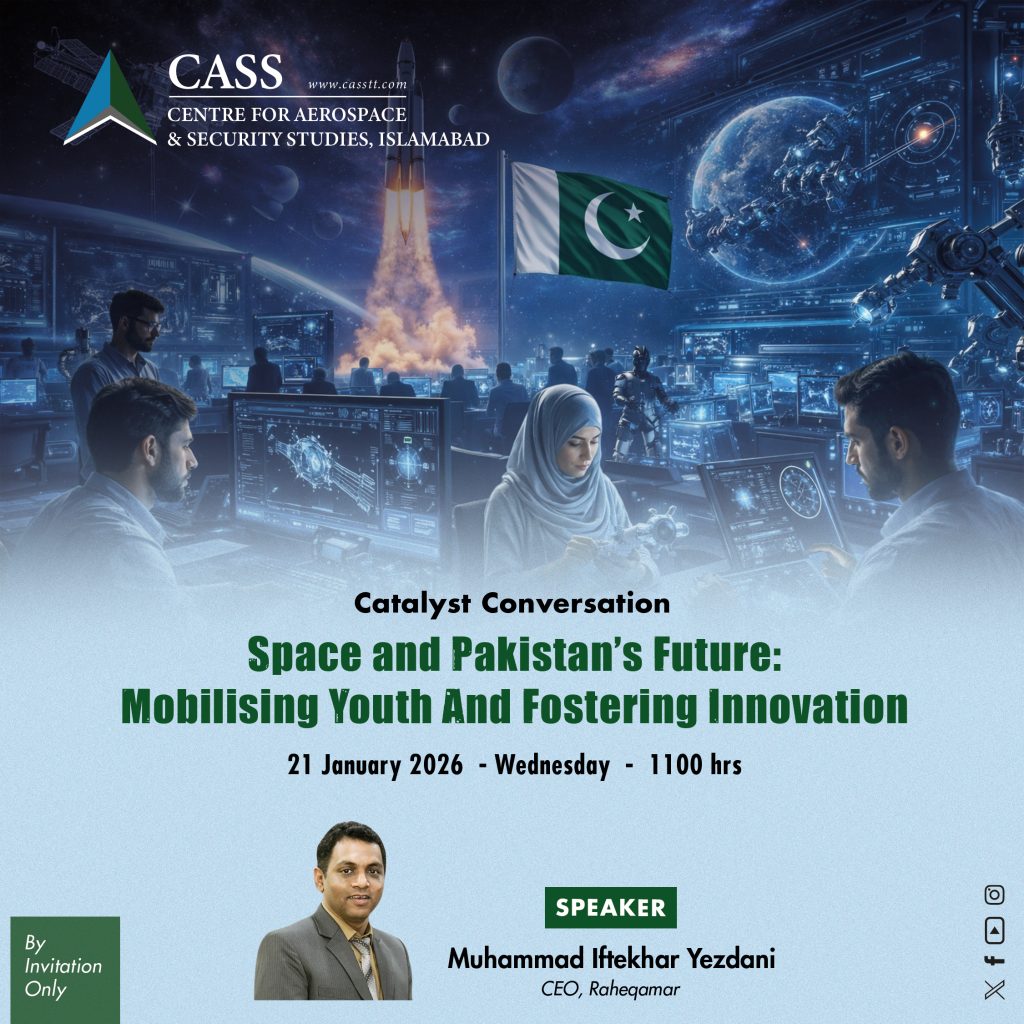The Jammu and Kashmir conflict remains one of the longest unresolved disputes in the modern world, deeply affecting lives of millions. Often viewed through the prism of geopolitical rivalry and national security, the human dimension of the issue—the stories of individuals, families, and communities living amidst perpetual Indian atrocities is, at times overlooked. Decades of violence, repression and occupation have led to untold suffering, with generations of Kashmiris enduring militarisation, enforced disappearances and grave human rights violations. Families are torn apart, livelihoods are destroyed, genocide is committed, and entire communities live under the shadow of fear and uncertainty. Prolonged nature of the conflict has also contributed to a range of socioeconomic challenges, including lack of access to quality education, healthcare, internet and basic infrastructure. Mental health issues among Kashmiris, particularly among youth, have become alarmingly prevalent due to the constant exposure to violence and trauma.
The disputed Indian Illegally Occupied Jammu and Kashmir (IIOJ&K) also has a significant impact on regional stability and development. Heavy military presence in the region, potential for cross-border skirmishes, and a constant threat of escalation, particularly due to presence of nuclear weapons increases the risk of miscalculations or accidental clashes that could rapidly escalate into a larger conflict. The ongoing tensions also exacerbate mistrust and hinder a broader regional cooperation. Internationally, the issue garners some attention, yet the focus often remains on strategic matters, and well-being of the Kashmiri people often remains neglected.
On 5th February every year, ‘Kashmir Solidarity Day’ is commemorated all over the world to reiterate the persistent support to the people of Jammu and Kashmir in their struggle against the occupying forces. In light with the spirit of this day, CASS plans to host this Catalyst Conversation highlighting the plight of Kashmiri people under brutal Indian repression, with a view to send a loud and clear message to the world that Kashmiris are not alone in their struggle against the occupying forces. By emphasising the human cost of the occupation, this discussion seeks to shift the focus to the living experiences of the people of IIOJ&K. Understanding these realties is not only crucial for fostering empathy but also for devising policies and strategies that prioritise human security and dignity. The talk will seek to examine the following questions:
- What are the lived experiences of those enduring repression in IIOJ&K, and how do these experiences reflect the broader human impact of the situation?
- How is India employing technology to silence the voices of Kashmiri people?
- What is role of current Kashmiri leadership in effectively standing against Indian designs?
- How has the portrayal of the Kashmir conflict in traditional and social media influenced public perception?
- What role can media play in highlighting the human dimension of the conflict?
- How can Pakistan leverage diplomatic and multilateral forums effectively to highlight the humanitarian crisis and rights of the Kashmiri people?
- What options can Pakistan exercise in the medium- and long-term to make tangible progress in resolving the IIOJ&K conflict?
Press Release
Newspaper Links

